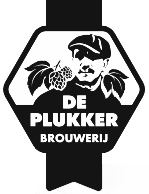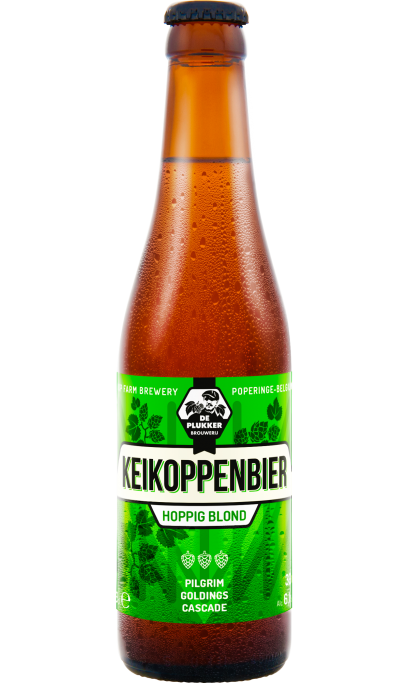
The first beer we developed was called Keikoppenbier, referring to the nickname of the inhabitants of Poperinge (see further on this page). We brewed this beer for the first time on November 9, 2011. The very first brew in our own brewery!
In our first beer we wanted you to be able to taste our story so three varieties of hops are used. The combination of these hops gives the beer a distinctive hop aroma and provides a good balance with the used malts.










Since the 7th century Poperinge had been subject to the abbey of St. Bertin in the town of Saint-Omer in northern France. St. Bertin's abbot had the Count of Flanders issue a town charter in 1147. The town, then as big as nearby Kortrijk and Ieper, was busy buying English wool and making things with it, as well as growing flax and making linens. In that era, three gothic churches were built in Poperinge, demonstrating the prosperity at the time.
However in 1322 the new Count of Flanders banned the production of cloth outside a radius of three hours walk from the centre of Ieper. The Poperingers revolted, earning them the nickname Keikoppen, meaning cobblestone heads, for their stubbornness. It alo sparked enmity between the two cities which lastst to this day, allbeit in a less intense way.
To compensate the people of Poperinge for the loss of their lucrative trade, they received the license to grow hops, which they would supply to Saint-Omer and its dependencies for the making of beer. The hop fields are still here today, all over the landscape around Poperinge.
Cloth was never mentioned again around Poperinge, because you can't use it to make beer...